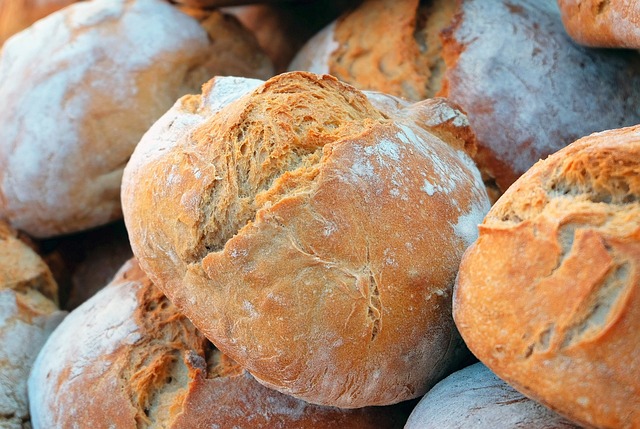Introduction to Homemade Pet Treat Recipes
Pets are an integral part of our family, and we want to ensure they lead a happy and healthy life. With the rise of pet food allergies and sensitivities, it’s essential to consider making homemade pet treats for your furry friends. In this article, we’ll explore the benefits of homemade pet treats, discuss common ingredients and considerations, and provide you with some easy-to-make recipes.
Benefits of Homemade Pet Treats
Homemade pet treats offer several advantages over store-bought ones. Firstly, they allow you to control the ingredients used, ensuring that your pets receive only healthy and natural ingredients. Secondly, homemade treats are often lower in calories and fat compared to commercial products. Finally, making your own treats at home can be a fun and rewarding experience for both you and your pets.
Understanding Pet Food Labels
When it comes to choosing the right ingredients for your pet’s treats, understanding pet food labels is crucial. The FDA regulates pet food labels, but some common terms to look out for include ‘by-products’, ‘meat and bone meal’, and ‘fillers’. These words may not be as appealing as they seem, so it’s essential to choose ingredients that are named and come from recognizable sources.
The Importance of Hydration in Pet Health
Proper hydration is vital for your pet’s overall health. Dehydration can lead to a range of issues, including urinary tract problems, kidney stones, and even heatstroke. As a responsible pet owner, it’s essential to ensure that your pets have access to clean water at all times.
Stock Your Kitchen with Healthy Ingredients
Cooking healthy meals for yourself is one thing, but incorporating healthy ingredients into your pet’s diet requires some planning. Start by stocking your kitchen with staple ingredients like sweet potatoes, carrots, green beans, and apples. You can also consider adding supplements like omega-3 fatty acids and probiotics to support your pets’ overall health.
50 Foods That Are Super Healthy
Cooking healthy meals for yourself is one thing, but incorporating healthy ingredients into your pet’s diet requires some planning. Here are 50 super healthy foods you can include in your pet’s diet:
- Sweet potatoes
- Carrots
- Green beans
- Apples
- Salmon
- Pumpkin
- Spinach
- Blueberries
- Rice bran
- Cooked chicken
Step-by-Step Guide to Making Homemade Pet Treats
Making homemade pet treats is a fun and rewarding experience for both you and your pets. Here’s a step-by-step guide to get you started:
- Choose your ingredients: Select healthy, natural ingredients that are suitable for your pet’s diet.
- Measure and mix: Measure out the ingredients and mix them together in a bowl until well combined.
- Shape and bake: Use a cookie cutter or a glass to shape the treats into desired shapes. Bake in a preheated oven at 350°F (180°C) for 15-20 minutes, depending on the size and thickness of the treats.
- Cool and store: Allow the treats to cool completely before storing them in an airtight container.
Recipe 1: Peanut Butter Pupcakes
Making homemade pet treats is a fun and rewarding experience for both you and your pets. Here’s a simple recipe to get you started:
- 1 cup whole wheat flour
- 1/2 cup rolled oats
- 1/4 cup peanut butter
- 1 egg
- 1 teaspoon honey
Preheat the oven to 350°F (180°C). Mix together the flour, oats, and peanut butter until well combined. Add in the egg and honey, mixing until a dough forms. Scoop into desired shapes and bake for 15-20 minutes.
Recipe 2: Sweet Potato Chews
Making homemade pet treats is a fun and rewarding experience for both you and your pets. Here’s a simple recipe to get you started:
- 2 large sweet potatoes
- 1/4 cup coconut oil
- 1 egg
- 1 teaspoon honey
Bake the sweet potatoes in a preheated oven at 350°F (180°C) for 45-60 minutes, or until soft. Let cool and then mash together with coconut oil, egg, and honey until well combined. Scoop into desired shapes and bake for an additional 10-15 minutes.
Conclusion
Making homemade pet treats is a fun and rewarding experience for both you and your pets. By choosing healthy ingredients and controlling the recipe, you can ensure that your pets receive only the best possible nutrition. Remember to always check with your veterinarian before introducing new foods or treats into your pet’s diet.

